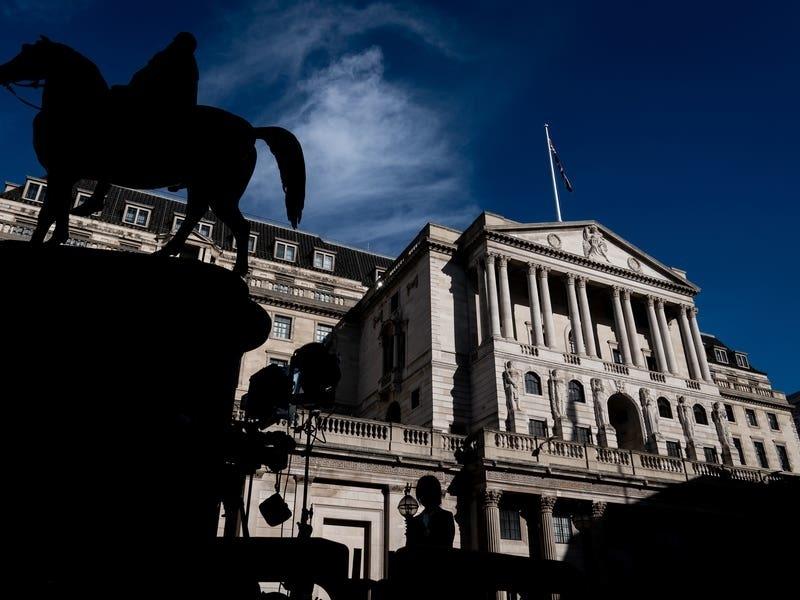In a series of pivotal central bank decisions, the Swiss National Bank (SNB) has reduced its key interest rate to 1.25%, signaling confidence in its control over inflation, which remains at 1.4%. This move by the SNB is seen as a proactive step in ensuring economic stability, particularly for exporters concerned about the strength of the Swiss franc. The SNB’s decision contrasts with the Bank of England’s (BoE) stance, which has opted to hold its interest rate steady at 5.25%, the highest level in 16 years. Despite UK inflation returning to the central bank’s 2% target, BoE Governor Andrew Bailey has emphasized the need to ensure that inflation remains low and stable. The decision was described as ‘finely balanced,’ with two Monetary Policy Committee members advocating for a rate cut and the market now pricing in a 55% chance of a rate cut on August 1 and an 88% chance by September.The central banks’ decisions come at a crucial time ahead of the UK general election on July 4, which is expected to give the Labour Party a clear victory. Analysts are closely watching the US Federal Reserve, which is expected to possibly cut rates in September, with a 65% chance. The SNB President Thomas Jordan, who is set to step down in September after 12 years, may lower rates once more before his departure. As central banks navigate the complex landscape of global economic pressures and political events, market participants remain vigilant on the potential shifts in monetary policy that could impact the global economy.
Key points
- The SNB cut its interest rate to 1.
- The BoE held its rate at 5.
- Markets are anticipating a potential BoE rate cut in August, with a 55% chance, and an 88% chance by September.
- SNB President Thomas Jordan may lower rates again before stepping down in September after 12 years.
25%, citing controlled inflation and economic stability concerns.
25%, with inflation at the 2% target but concerns about ensuring it remains low.



